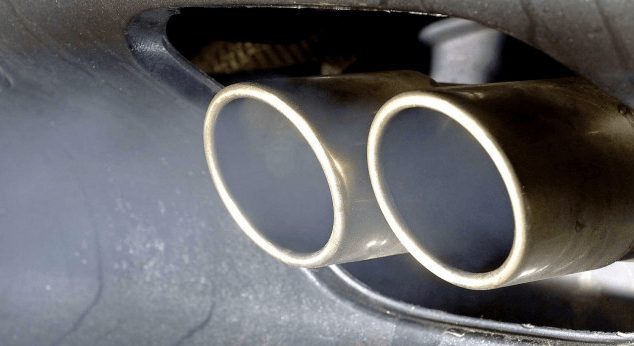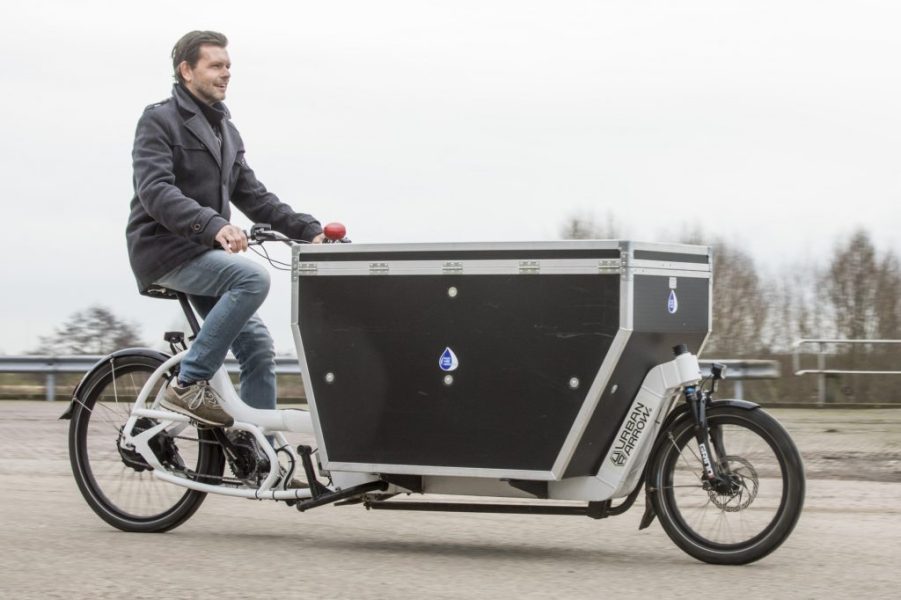
How can you clean the particulate filter
All modern diesel and now petrol vehicles have a particulate filter. Depending on the model and driving style, modern filters serve from 100 to 180 thousand kilometers, and even less with frequent use in the city. Then they are covered with soot. During the combustion of diesel fuel, soot of various sizes is formed, which, in addition to unburned hydrocarbons, contains heavy metals and other toxins.
The filters are a honeycomb-shaped ceramic structure coated with precious metals such as platinum. This structure closes down with a clump of particles, and even burning it every 500 or 1000 kilometers while driving on the highway does not help. At first, the power is significantly reduced due to the increase in back pressure, and then the flow rate increases. In extreme cases, the vehicle remains stationary.
Most manufacturers and service providers offer complete diesel particulate filter replacement, including disassembly and reassembly. Depending on the repair, the amount can reach up to 4500 euros. An example - only a filter for a Mercedes C-Class costs 600 euros.
Replacement is optional. Often old filters can be cleaned and reused. It costs about 400 euros. However, not all cleaning methods are recommended.
One approach to filter cleaning is to burn particles in an oven. They are slowly heated to 600 degrees Celsius and then slowly cooled. Dust and soot removal is carried out with compressed air and dry snow (solid carbon dioxide, CO2).

After cleaning, the filter acquires almost the same capabilities as a new one. However, the process takes up to five days as it has to be repeated many times. The price is half that of a new filter.
An alternative to this method is dry cleaning. In it, the structure is sprayed with liquid. It eats away mainly on soot, but does little to help with other deposits. Therefore, it is necessary to blow with compressed air, which can damage the structure.
For cleaning, the filter can be sent to a specialist company, and cleaning takes several days. Thus, 95 to 98 percent of the filters can be reused at prices ranging from 300 to 400 euros.

